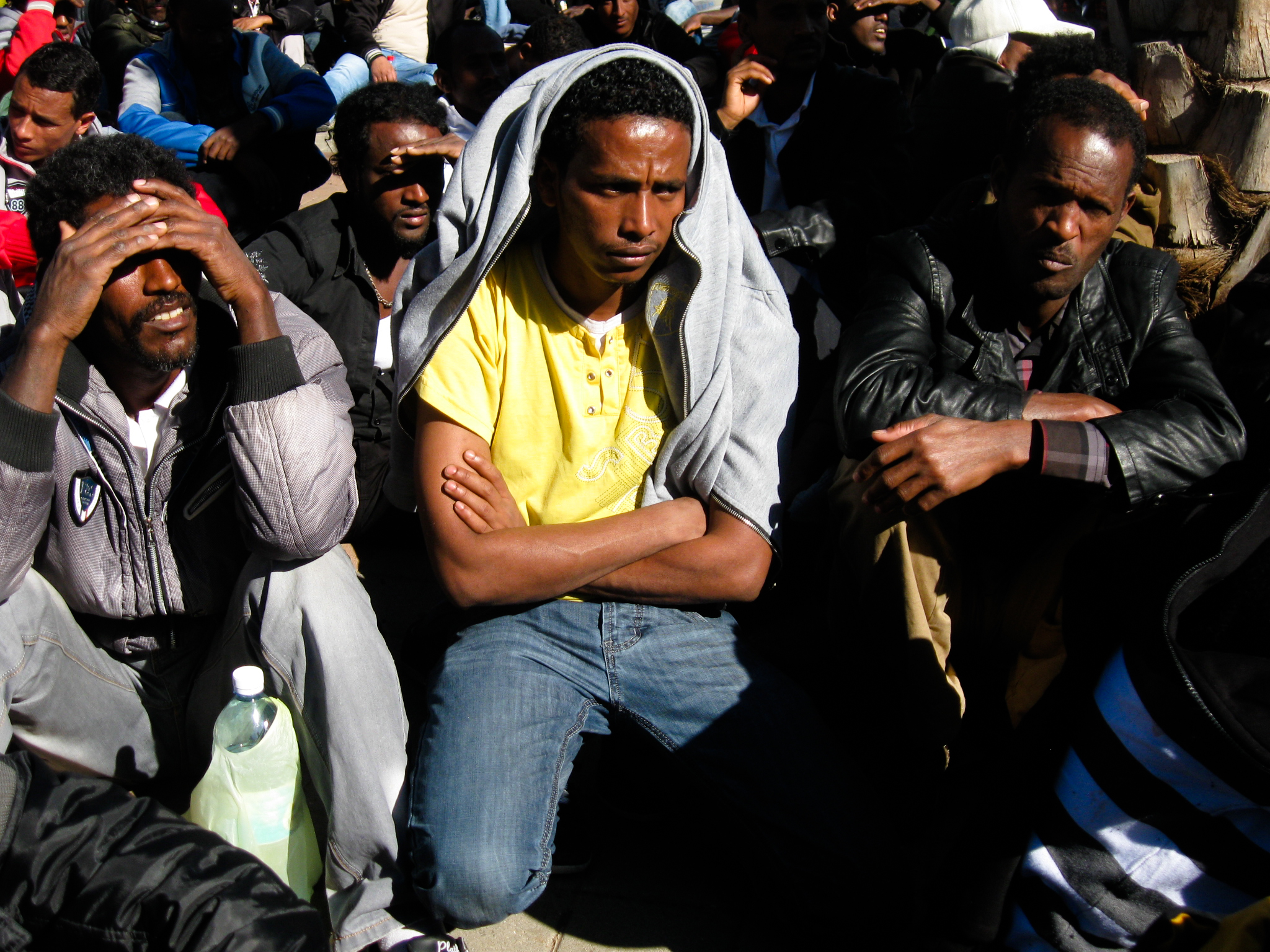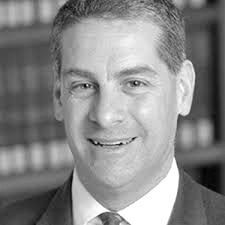 Photo from Wikimedia Commons.
Photo from Wikimedia Commons. Talleyrand’s famous aphorism applies to Israel’s immigration policy: It is worse than a crime — it is a blunder. Pursuing a more creative and enlightened asylum policy could generate a significant benefit for the Jewish people.
Israel and the worldwide Jewish community should see potential refugees as a resource rather than a threat. Suppose that out of 100 million potential migrants, only 2 percent might be willing to convert to Judaism in order to become Israeli citizens. This development would significantly boost Israel’s Jewish majority while simultaneously making it a haven for those fleeing oppression and poverty.
I can hear the obvious objection: These wouldn’t be real converts. They would become part of the Jewish people only to move to Israel. Here is the unobvious answer: It doesn’t matter.
Ask yourself: When did you first decide to be Jewish? For most of us, it is an absurd question. We didn’t decide to be Jewish. We just are. Our parents raised us that way: Identities come from cultural surroundings.
Now imagine a family newly settling in Israel — from Congo, say, or Guatemala — who have at least committed to become “Jewish” for the sake of immigration, and spent several months in conversion classes. They study Hebrew. They observe the Jewish calendar. Their children learn Jewish history and culture in school. When those children grow up, they are “Jewish” in the Israeli sense: not particularly religious, but conscious of being part of the Jewish people. By the time the grandchildren grow up, they are as “Jewish” as any other member of “Middle Israel.”
Israel and the worldwide Jewish community should see potential refugees as a resource rather than a threat.
Do Jews do this? We do far worse. The Maccabees forcibly converted the kingdom of Edom at the beginning of the first century B.C.E.; by the time of the siege of Jerusalem 170 years later, according to Josephus, Edomites helped lead the Jewish resistance to Rome. A century later, no one distinguished the two peoples: All were Jewish. Most Jews, then, have a substantial amount of Edomite blood (generating an ironic meaning for prophetic condemnations of Edom). If forced conversions yielded such a result, voluntary ones certainly could.
Would it work? I don’t know; it has never been tried. The State of Israel or Jewish organizations should set up shop in areas where refugees are fleeing and announce that conversion to Judaism makes one eligible for Israeli citizenship under the Law of Return. Outside of Israel, conversions do not have to be Orthodox.
Perhaps no one will accept the offer. Perhaps those who do will come to Israel and quickly revert to their original religions. Perhaps they will train their children secretly in the old ways. And perhaps this will comprise the majority of such admittees. Because it is a pilot program, we will know soon enough. We certainly cannot assume the opposite, unless we also assume that Israeli Jewish culture is so weak, and so unattractive, that no one else could possibly want to adopt it. (Of course, a warm rather than begrudging welcome would strengthen Judaism’s appeal.)
The 2013 film “Transit” concerns a Filipino family in Israel, where a single father must hide his children from immigration police after the government decides to deport children of immigrant workers. The young son develops a warm relationship with the octogenarian Shoah survivor for whom the father serves as a caregiver. The survivor lovingly teaches the boy how to leyn Torah. As the children are being carted away, the boy stands in the immigration office, chanting his parsha. Earlier, he asks his father, “Dad, how do you become Jewish?”
“I don’t know,” the father responds. “I think you have to be born that way.”
But you don’t have to be born that way. You can be a little Filipino boy, learning Torah from a Shoah survivor, living in Israel, being a Jew.
Romantic? Perhaps. It’s a movie. But if you will it, it is no dream.
Jonathan Zasloff is professor of law at UCLA, where he teaches property, international law and Pirkei Avot. He is also a rabbinical ordination candidate at the Alliance for Jewish Renewal.























 More news and opinions than at a Shabbat dinner, right in your inbox.
More news and opinions than at a Shabbat dinner, right in your inbox.